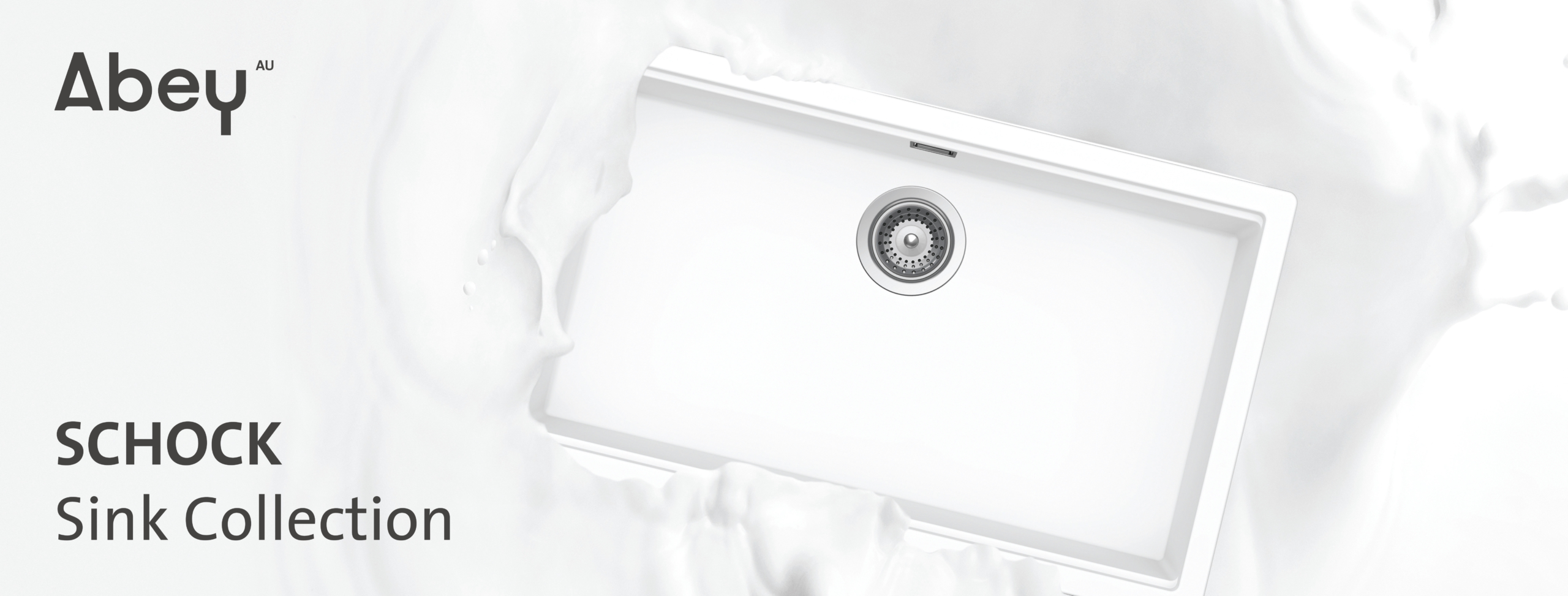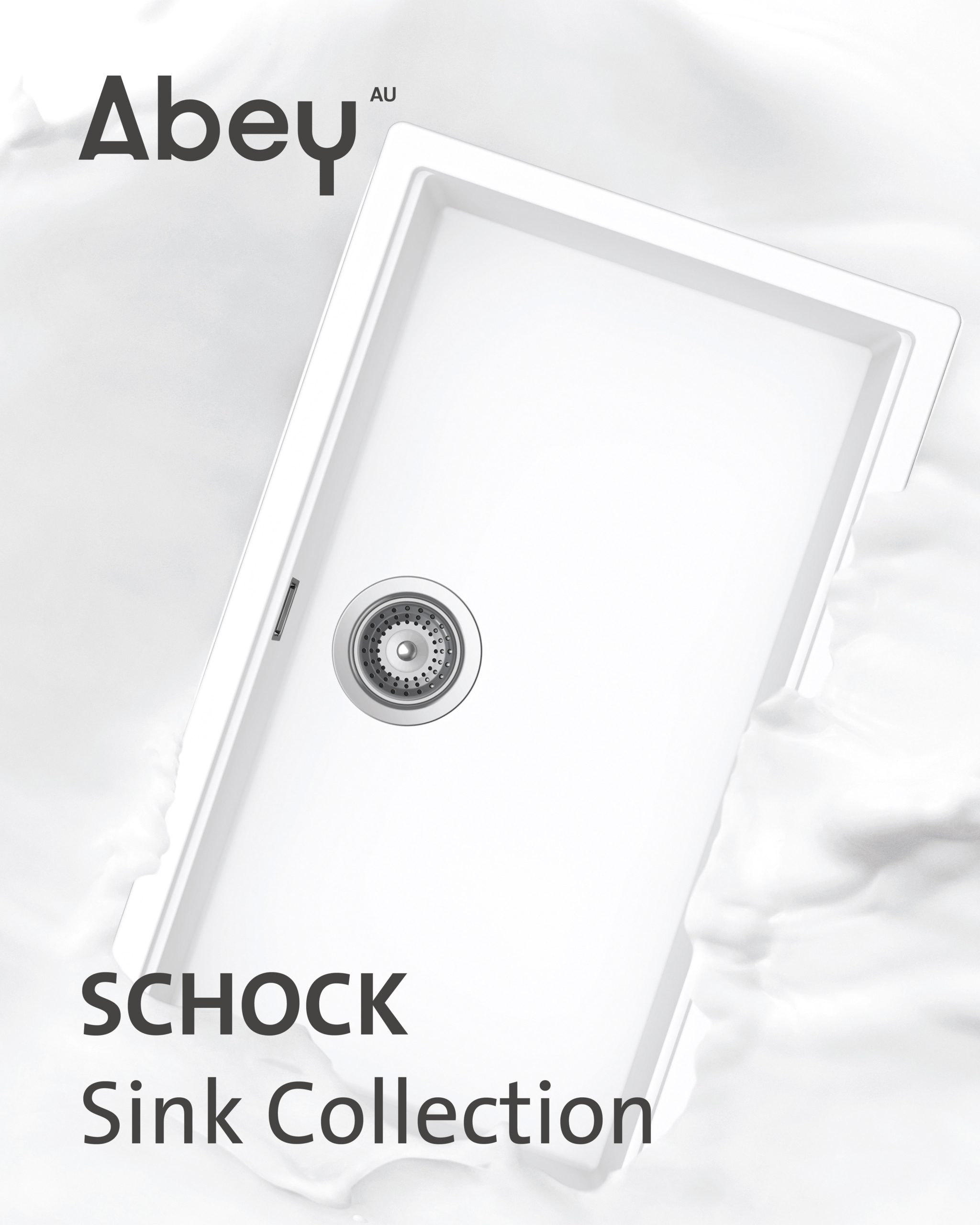
Reflections On Adventures - Kawaii Platypii by Splinter Society.
Mused by the travels of the owner, Kawaii Platypii is an eclectic fusion of sorts, showcasing years of collections and treasures. Chris Stanley of Splinter Society speaks to the process of creating an enviable haven.
Conceived from a brief to create a refuge of privacy and a seamless contemporary extension to the existing, Stanley describes Kawaii Platypii as a ‘modest, carefully crafted renovation of a much treasured California Bungalow’, where ‘drawing in part from its earthy, unpretentious and distinctively rustic Japanese influence, and part from the owner’s diverse range of personal objects, interests and places of travel’, the resulting spaces seamlessly blend from one to the next, carefully woven with a warm and grounded palette.
Taking heed from the created vistas and form of the existing bungalow, the new build celebrates ‘some of the classic Californian bungalow historical references’, where Splinter Society ‘extended the house by about 30sqm’, meaning the emphasis was on the existing and reconnection. Through materiality and maintaining a modest approach, ‘it is not about grand statement’, but where ‘there is a focus on soft, natural finishes and spaces that are intimate in scale.’ Purposefully ‘unassuming from the street, and retaining a cottage-like aesthetic’, the sense of seclusion and privacy was imperative to the client.
Contrasting their daily presence, being able to shut off from the world was an important directive from the client, and through elements such a ‘winding passage through the front garden’ and the ‘front gate being recessed from the street, engaging the landscape’ there are several opportunities to feel like you are transported someplace else.
When digesting the passions of the client, the similar vein of travel, relaxation and escapism were all consistent. The influences of Indonesia, Japan and the Hamptons in the US, all also formed the basis of inspiration for materiality and the overarching look and feel. According to Stanley, ‘the end result was about trying to distil the essence of what the client liked from their diverse range of influences’ into something that represented a harmonious and considered approach. The resulting retreat echoes a true haven.
When Chris Stanley enquired about the passions of the client, the similar vein of travel, relaxation and escapism were all consistent.
Comprising local timbers, stucco and hard plaster, there is a definitive ‘play of light, (which) transforms throughout the day, and reinforces the connection to outside.’ Together with the client’s collected objects, furniture items and artwork, each of the spaces plays a different role in the telling of many personal stories and adventures past. With the goal to ‘create a retreat/escape from daily life’, where there is an embodied feeling of it being a ‘holiday destination without having to pack a suitcase’, dealing with existing site constraints and overlooking multi-story flats and multiple story residential neighbors. The importance of an integrated landscape approach then became key. The continual creative dialogue between the client and designer, also saw an ongoing relationship which added continually to the depth of the result, ‘right to the end of the build.’
Together with co-founding director Asha Nicholas, Stanley and Splinter society are based in Fitzroy, Melbourne and regularly engage with local craftspeople to add an additional layer of richness to their work. Their focus is strongly on a current-ness in design thinking and discourse, which is enabled though their teaching positions in the Interior Design program at RMIT University, in Melbourne. Their varied architecture, interiors, textile and jewelry backgrounds allow for a diversified approach. Their strong grounding in Sustainability and Environmental awareness, forms the basis for the solid foundation for all their work.
Splinter Society’s approach differentiates them from their peers somewhat, as it involves a ‘lot of time exploring unusual places’ which ‘can push out of our comfort zone to work with materials, concepts and elements that we wouldn’t normally gravitate to.’ For them, each project is a new opportunity of exploration, and having a standard approach to design is based around ‘what our clients want for their own domestic living,’ acknowledging that ‘we bring our own biases to the process’ which then become altered, through the process each time.
Kawaii Platypii is a call to rethink the traditional renovation, and to see the process as a unique collaboration of the individual story of the client. Although in their work Splinter Society ‘advocate for high density and compact living from a sustainability perspective’, they also acknowledge the ‘diversity of outcome that can be achieved’ when working directly with the client to customize and re-configure the result. Seeing an emergence of ‘the importance of quality over size’, where ‘most clients see value in the external spaces and the connection between their primary living spaces’ there are exciting times ahead for both developers, home buyers and builders alike, as the model is being asked to be re-evaluated and evolve. As a beautiful example of domesticity, inner-city dwelling and respectful preservation, this ‘tiny platypus’ is a symbol of what residential living can all strive for.






































